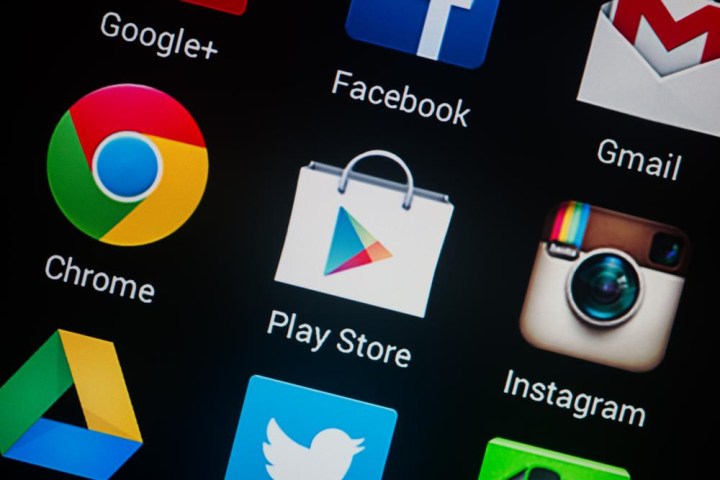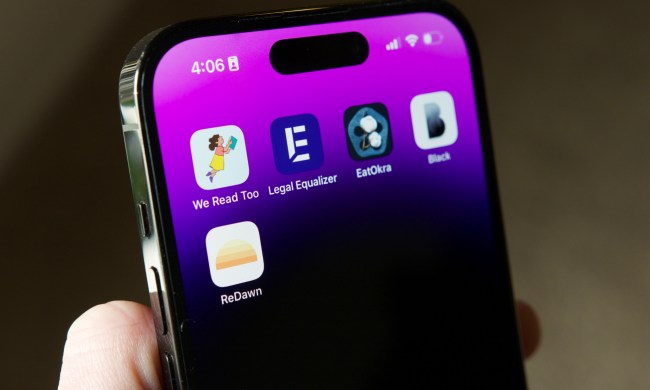
Checkpoint identified three main ways in which this malware, named Adult Swine, could cause trouble for users. The first is in the nature of the ads themselves. These ads are often pornographic in nature, which many would find inappropriate in any game, let alone those aimed at children. The ads come from the pages of mainstream ad providers that forbid their content from being used in this manner. The second source of ads is the malware’s own ad libraries, which are where the porn ads come from.
Finding ads for porn in children’s games would be bad enough, but there are bigger problems with Adult Swine than that. One such problem is the practice of using deceptive ads in order to trick users. Users will get a pop-up saying that their device has been infected with a virus. Upon clicking the prompt, they will be taken to an app in the Play Store. The apps themselves are not anti-virus software, and may even be harmful in and of themselves.
The final, and perhaps most dangerous feature of Adult Swine, are the premium service pop-ups. Users will be prompted that they will win a free iPhone or other such device if they can answer four questions. After answering those questions, the users will be asked to enter their phone number. Upon doing so, they will be registered and charged for a premium service that they did not want or need.
Adult Swine isn’t particularly new or clever, and most adults will likely see right through it. Young children, on the other hand, may be more trusting and thus unwittingly expose themselves or their parents’ personal information to risk.
Once Checkpoint reported Adult Swine to Google, the company removed the affected games from the Play Store. We recently reported on Google’s efforts to keep the Play Store clear of malware, but despite this, some do still slip through the cracks.


